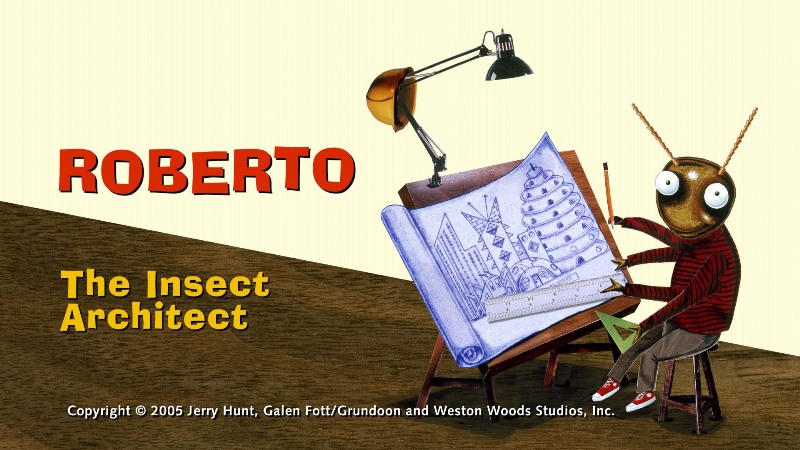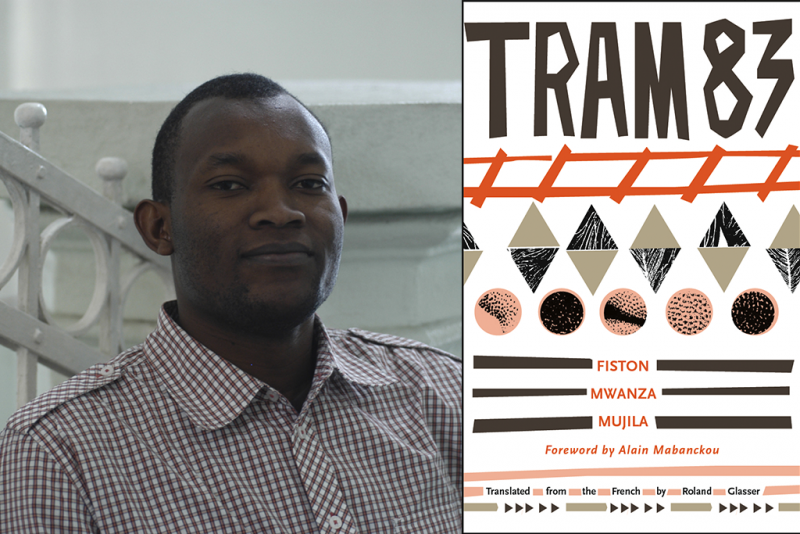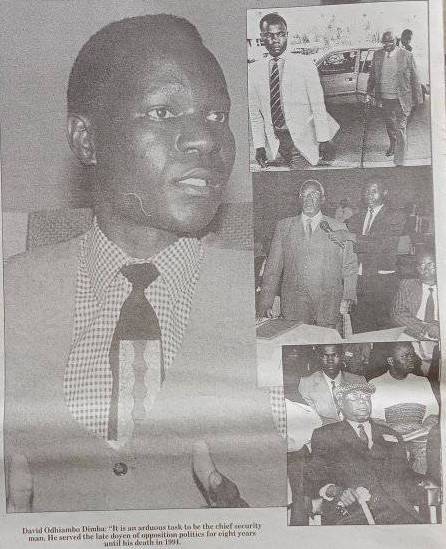By Ogova Ondego
Published February 7, 2017
 Though discovering your talents or finding what you are best at is a life-long process, you will have a head start toward an exciting and rewarding career if you started now while you are still in school.
Though discovering your talents or finding what you are best at is a life-long process, you will have a head start toward an exciting and rewarding career if you started now while you are still in school.
RELATED:Africa Sets Up Market-Relevant Education Centres
It is said that you can do just about anything as long as you put your mind to it. But, let me say that this is not entirely true.
We were all born with natural ability to do some things better than others. By finding out what these aptitudes are, we can avoid the frustration of doing things we were not meant to do.
“But what on earth are ‘aptitudes’ and how can I discover them?” you may be wondering.
According to experts, the things you enjoy doing the most and are good at are usually where your talents –aptitudes- lie.
RELATED:Why Nairobi Youth Idolise ‘Socialites’ and’ Sponsors’
You should never get complacent, though. Try to do as many things as possible as it is through this practice that you discover what you are best at and enjoy doing. Ever heard of the saying, ‘Practice makes perfect’?
 School is a good place to discover your aptitudes. Are you good at working with things or ideas? Are you a good singer, cheer leader, actor, writer or eater?
School is a good place to discover your aptitudes. Are you good at working with things or ideas? Are you a good singer, cheer leader, actor, writer or eater?
While at school at school, I tried my hand at music, agriculture, French and eating. And I performed pretty well in all of these, especially the eating but I neither grew taller nor fatter.
Then the time to select the subjects I would be examined on at the end of the 11th grade (Form 4) came. At this time I still had little clue as to what I wanted to be after school. I still had five more years in school, after all.
RELATED:How to Rescue Africa from Political and Economic Misery
Dad initially advised me to take the technical studies option–others were agriculture, commerce, French and, well, no specialisation or general–that comprised either wood work or metal work technology and technical drawing. But there was a hitch. Though I went with his choice for a while and even scored good grades in the subjects, I did not quite enjoy the experience as I liked languages and humanities better. With the guidance of the Deputy Headmaster, I settled on Literature in English and History. That I messed up electronic gadgets more whenever I attempted to repair them had only confirmed I was never meant to be technical-minded.
 Reading, writing and conversing always came naturally thus confirming to me that I should not waste time pretending to be what I could not be while avoiding what I was naturally talented in. it was at school that, with the guidance of my aptitudes, teachers and parents, I came to believe I was never meant to be a technician but a writer.
Reading, writing and conversing always came naturally thus confirming to me that I should not waste time pretending to be what I could not be while avoiding what I was naturally talented in. it was at school that, with the guidance of my aptitudes, teachers and parents, I came to believe I was never meant to be a technician but a writer.
You do well to listen to your parents as they know you better and can guide you to choose what you really enjoy doing. In the case of my father, he wanted me to do technical work so that I could be self-reliant if I did not go beyond form four (Ordinary Level). However, I had set my mind on working hard to qualify for Advanced Level and university in order to one day wind up as a writer. I didn’t want to end up at Kenya Polytechnic, as that was where many students of technical drawing went.
Relatives, friends and observers can also be of great help in helping you discover your talents. Do they say you are a natural musician, rugby player or are better at fixing things? What do teachers recommend for you?
RELATED:Tigo Supports Education Growth in Tanzania
Most experts argue that humans gravitate toward what they are best at. They however advise that to reach your full potential, you have to investigate further and try to use as many of your aptitudes as possible – whether at school, at work or in your hobbies.
It is not always that we are sure of our capabilities. So we should participate in competitions and talent searches at which our talents may be discovered and nurtured.

To succeed in any vocation, you have to first take stock of your abilities. Perhaps the quickest and most helpful ways of finding out your aptitudes is to take a test. Teachers in charge of career guidance and counselling can help you on how and where to take such tests.
RELATED:Policeman Finds Voice in The Arts and Social Media
Some of the most popular vocational tests, say experts, are not aptitude but interest inventories which can get you started thinking about what you would like to do. Combined with what you do well, these tests are invaluable.
Take that aptitude or inventory test and start enjoying your future today!




